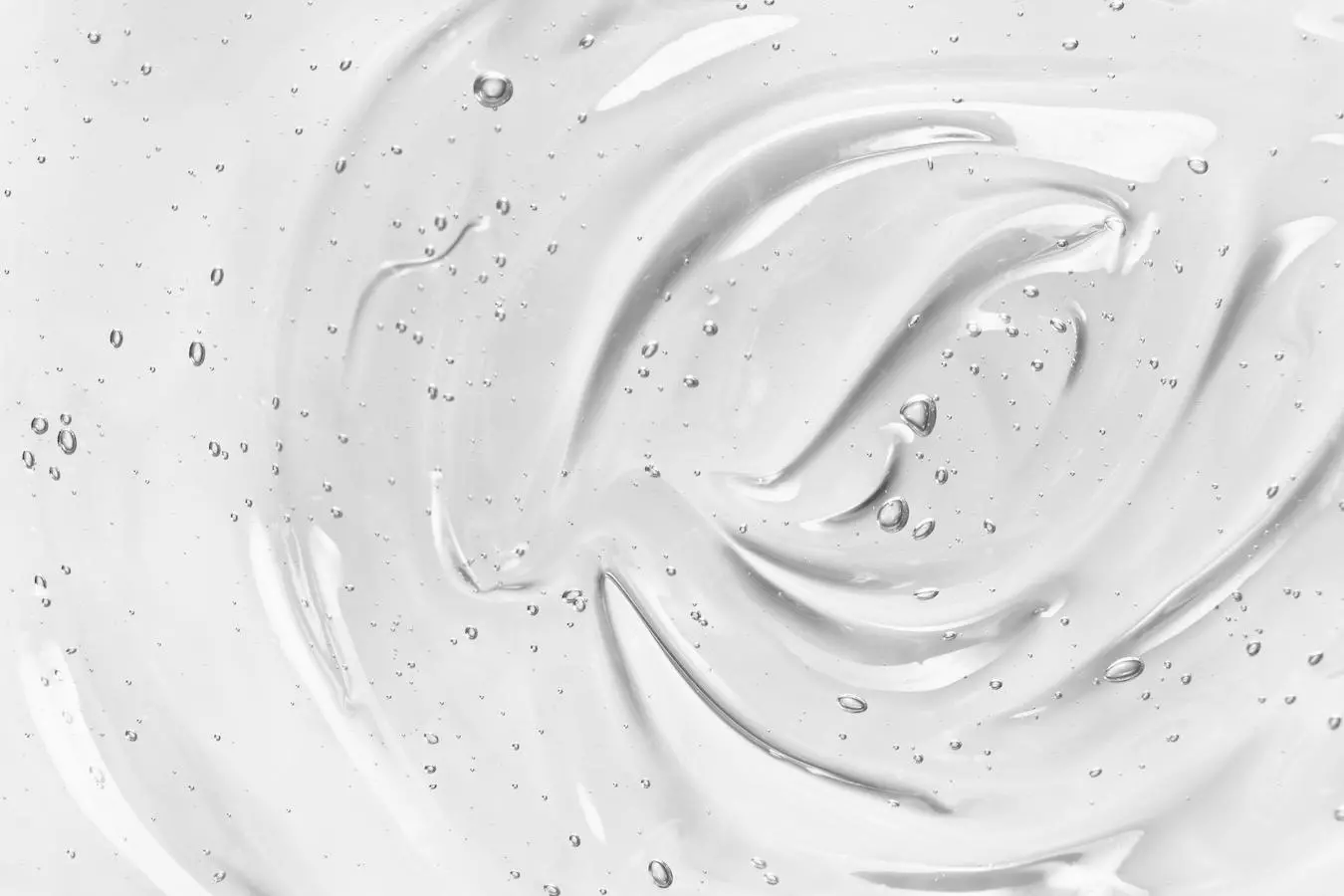When it comes to skincare, finding the right ingredients can make all the difference. One ingredient that has gained popularity in recent years is BHA, or beta-hydroxy acid. BHA, along with its counterpart AHA (alpha-hydroxy acid), has revolutionized the way we take care of our skin.
In this article, we will dive deep into the world of BHA and uncover its incredible benefits for your skin. We will explore how it compares to other acids, its different types, and how to incorporate it into your skincare routine effectively.
Which Are The Main Types Of Skin Relieving Acids?
It's essential to understand the different groups of acids in skincare and how they address various skin concerns. The two main types of acids used in skincare are alpha-hydroxy acid (AHA) and beta-hydroxy acid (BHA). While both acids are chemically exfoliating, they treat different skin problems.
If you are concerned about aging skin, AHAs are the ideal choice for you. On the other hand, BHAs are suitable for those who struggle with oiliness and acne-related issues.
Alpha-Hydroxy Acid (AHA)
AHAs, derived from cane or other plant sources, are often referred to as fruit acids. The most widely used AHA is glycolic acid, derived from sugar cane. AHAs provide gentle exfoliation of the skin and can enhance the natural renewal process.
 Using skincare products that contain AHAs have powerful anti-aging effects and help reduce surface wrinkles
Using skincare products that contain AHAs have powerful anti-aging effects and help reduce surface wrinkles
Beta-Hydroxy Acid (BHA)
BHAs, such as salicylic acid, are organic carboxylic acids that work on the surface of the skin and deep in the pores. They are fat-soluble, making them ideal for oily and acne-prone skin. BHAs have anti-inflammatory and antibacterial properties, making them effective against acne, redness, and irritation.
What Is The Difference Between Alpha And Beta-Hydroxy Acids?
AHAs and BHAs both play crucial roles in skincare routines and offer a range of benefits. AHAs are recommended for normal to dry, sun-damaged skin and provide exfoliation, collagen stimulation, and visible sun damage reduction.
On the other hand, BHAs are water-soluble and ideal for oily skin. They penetrate under the oil that clogs the skin and have antibacterial and anti-inflammatory properties. Salicylic acid, the most well-known BHA, is highly effective against blackheads and clogged pores.
When choosing between AHA and BHA, consider your specific skin concerns. AHA works well for superficial exfoliation, while BHA penetrates deeper and is excellent for acne-prone skin.
 Be very cautious with the use of AHA and BHA products as they can increase sun sensitivity
Be very cautious with the use of AHA and BHA products as they can increase sun sensitivity
BHA's Beneficial Properties
BHA, derived from the bark of the white willow, is a powerful ingredient with numerous benefits for the skin. It is fat-soluble and can penetrate pores, reducing oiliness and excessive sebum production. BHA is particularly effective against blackheads and acne, thanks to its exfoliating and antibacterial properties.
In addition to its acne-fighting properties, BHA also has anti-inflammatory effects, reducing redness and swelling. It can also be used to treat dandruff, psoriasis, and seborrheic dermatitis.
In Which Products Is Salicylic Acid Present And What Is Its Use?
Salicylic acid, the most well-known BHA, can be found in various skincare products such as creams, facial cleansers, toners, shower gels, shampoos, and liquid solutions. When purchasing products with salicylic acid, ensure that the concentration does not exceed 2% to prevent skin irritation.
It is essential to introduce salicylic acid gradually into your skincare routine, starting with once or twice a week. This allows your skin to adjust and minimizes the risk of irritation or dryness. Consult with a dermatologist for personalized advice on using salicylic acid.
Things to Consider Before Using BHA
Before incorporating BHA into your skincare routine, there are a few important points to consider:
- People allergic to aspirin or salicylic acid should avoid using BHA.
- Avoid applying BHA to irritated, red, sore, or swollen skin.
- Consult with a dermatologist if you have sensitive skin.
- Start with lower concentrations of BHA and gradually increase usage.
- Pregnant women, breastfeeding women, and individuals taking certain medications should avoid BHA.
- Excessive use of BHA can lead to poisoning.
- Apply sunscreen when using BHA to prevent photosensitivity.
Retinol and AHA/BHA
When it comes to combining skincare ingredients, caution is necessary. Retinol, AHA, and BHA are powerful anti-aging ingredients but may not work well together. Combining retinol with AHA or BHA can damage the skin's moisture barrier and cause irritation. It's best to use one exfoliator at a time to avoid overdoing it and potentially irritating your skin.
Use BHA In Moderation
While exfoliation is essential for skin renewal, it's crucial to use BHA in moderation. Overuse of exfoliating acids can strip and weaken the skin's protective barrier, leading to sensitization and premature aging. Stick to recommended concentrations (10% for glycolic acid and 0.5-2% for salicylic acid) and incorporate BHA gradually into your skincare routine.
SPF Protection and BHA
Whether you choose AHAs or BHAs, it's important to protect your skin from the sun. Both AHAs and BHAs can cause photosensitivity, making your skin more vulnerable to UV rays. Always wear sunscreen with a high protection index to shield your skin from UVA rays, especially after using chemical exfoliants.
Remember, finding the right skincare ingredients is a personal journey, and BHA can be an incredible addition to your routine. Take the time to understand your skin's needs and consult with a dermatologist if needed. With proper care and the right products, you can achieve radiant and healthy-looking skin.
For over 60 years, Viviane Woodard has represented "The Purity of Skincare." We are the leading beauty brand for skincare products and promote the importance of good skin hydration. Follow us on Facebook, Instagram, Twitter, and Pinterest for skincare tips, product discounts, and more.

















